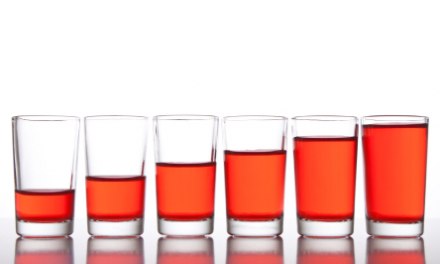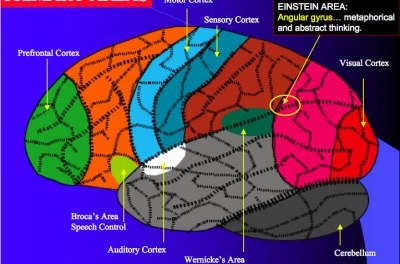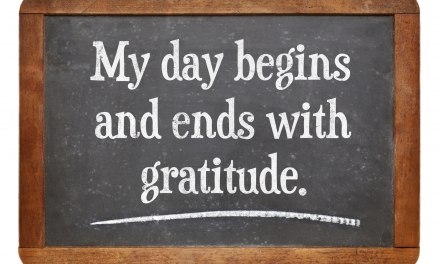Every so often I run into someone in recovery who gave up their sobriety in favor of a conscious return to drinking or drug use. As a rule, this does not end well. What interests me is the reasoning that lays beneath their decision.
One example involved a man in his mid-40’s, an engineer by profession, who after experiencing multiple problems with alcohol underwent a course of aversion therapy at a specialized treatment facility in another city. This involved a medication that provoked an extremely unpleasant physical response to small amounts of alcohol (nausea, vomiting, heart palpitations, etc.). Over a few weeks, doctors used the medication to condition this negative reaction so that at the very thought of a drink, his pulse would begin to race and he’d feel like he was about to vomit. Apparently it worked, because following the treatment he reported ‘zero desire for alcohol’. He felt as if he was finished with it once and for all. Even better, no boring meetings to attend.
A smashing success, in his view.
After six months or so, however, he grew curious. If I don’t want to drink, he told himself, is it possible that now, after all this time, I can? My own expensively reconditioned physiology will prevent from drinking too much?
Or so he wondered. Eventually, a plan developed: a scientist by training, he knew how to find out for sure!
Experiment.
He’d reintroduce alcohol in very small quantities, diluted in fruit juice (‘for the vitamins’, he explained,) and if he began to experience symptoms, he’d stop right there. With each new day, he’d have a little bit more, but again, not too much more.
He told me this story while he was in the detox unit, recovering from an extended binge that ended in another DWI.
I thought about him recently when I came across this brief story about Kelly Osbourne, daughter of rock legend/ reality TV star Ozzie and his wife Sharon. A link:
It’s about how she voluntarily gave up four years of successful sobriety.
The problem: her life was going so well –a career inTV, major recent weight loss, a new love interest– she figured this time she could handle a little casual drinking.
She should have known better. After all, her famous father struggled with booze and drugs for decades before finally getting sober. And her brother recently celebrated 18 years of his own recovery.
Nonetheless, she managed to convince herself that alcohol was no longer a problem. At least long enough to start drinking again.
How’d she feel later? Ashamed. Still, I’ve met some who’d have thrown up their hands and kept right on drinking. Fortunately, she wasn’t one of those.













